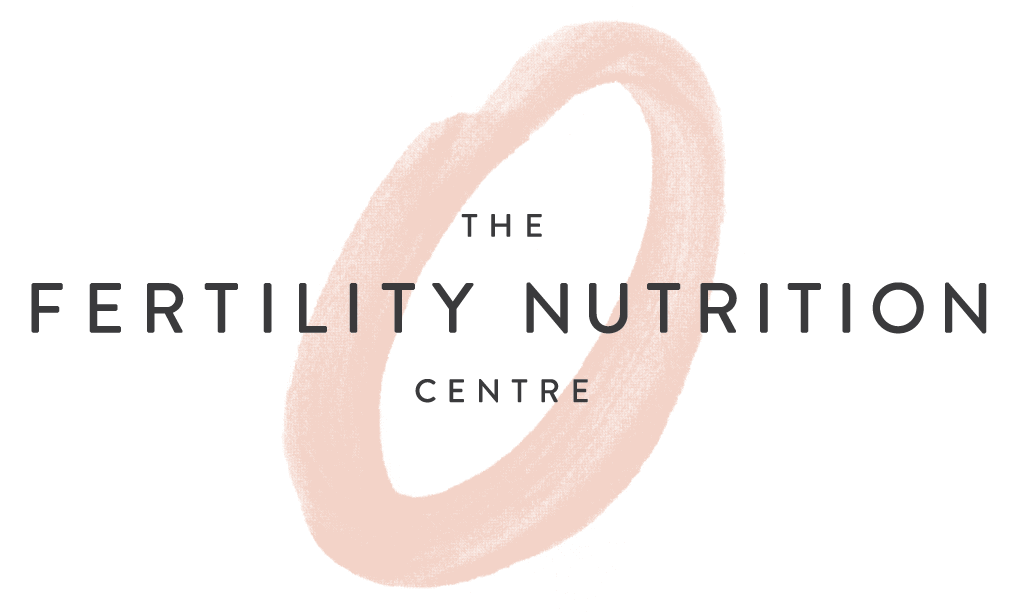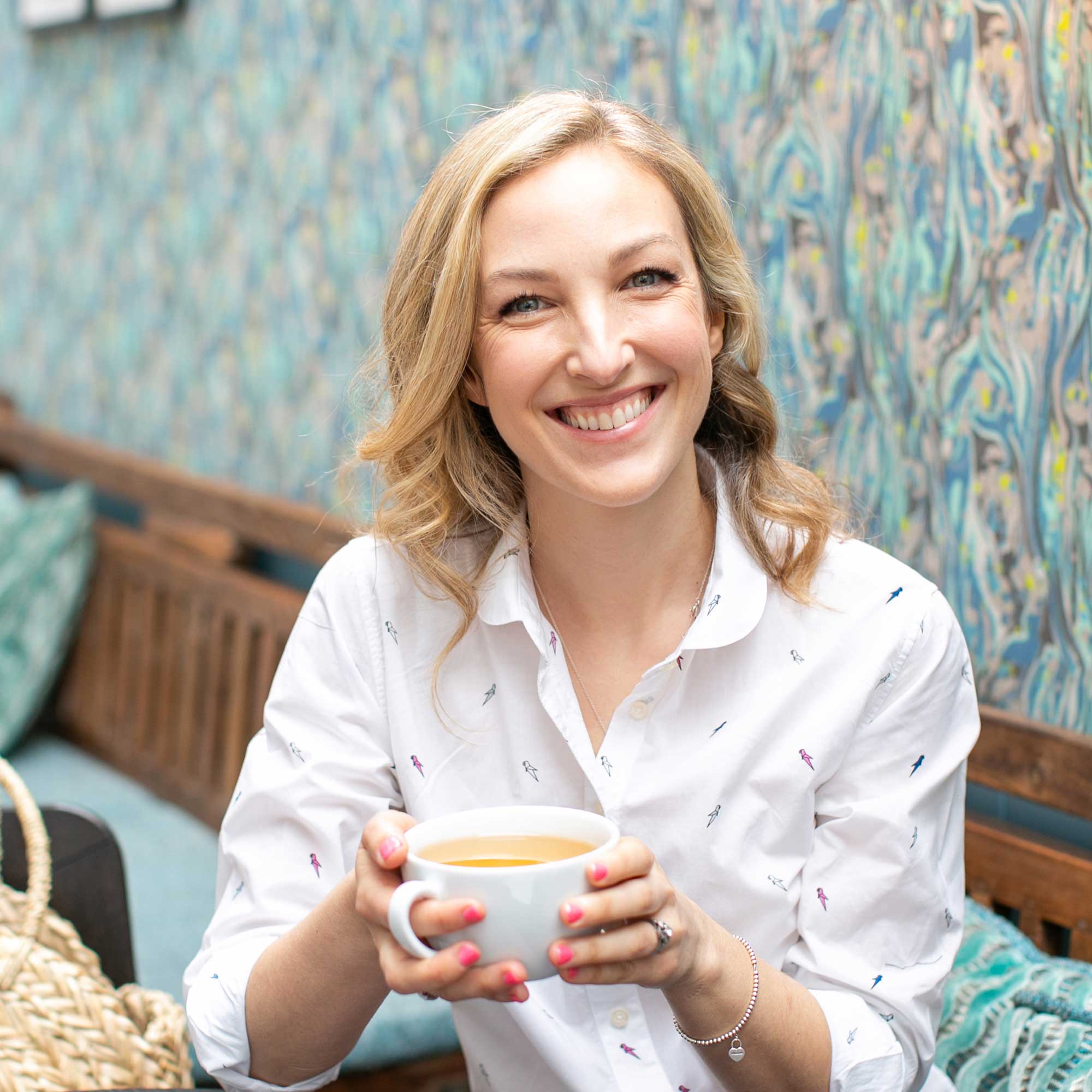Talking to clients regularly about their fertility struggles makes me often think back about my own fertility journey. Recently I tried to calculate how much money my husband and I spent on fertility treatment. We think it must have been anywhere between £10,000-£15,000 if not more, and I am not sure that included the medications or investigations we had. Now this was some time ago so that figure would probably be higher today. For some people going through fertility treatment, they may have spent more, way more. For others just starting out, the thought of spending that much on trying to have a baby may seem incomprehensible. Nevertheless, when you are going through infertility and a baby is something that you really want, the money can become less important.
I never look back and regret a single thing that we went through to have our children, and every day (well most days) I realise how blessed we are. What I do think about, quite often, is whether we needed to go through everything that we did financially and emotionally. When you decide to invest in fertility treatment it is a big financial investment, and it can often be the case that there is little money left for anything else. Equally, you are putting all your eggs in one basket (excuse the pun) hoping that this treatment will work. Fertility treatments have some wonderful success rates, but they do not always work first time for everyone and can take several rounds, adding to the expense.
I often wonder whether, had we done things a little differently, we might have had a different outcome. Throughout our whole fertility journey the one area we worked very little on, if at all, was our nutrition and lifestyle. However, if we had invested some time and money really supporting these areas, we may have had an easier ride. Nutritional therapy may have been the best investment for us and may have meant spending a lot less overall.
There are no guarantees when it comes to working on your nutrition and lifestyle but there are certainly no downsides. There is strong evidence that complementary treatment with an appropriate nutritional supplement improves the natural conception rate of infertile couples and increases the success rate of assisted reproductive technology1. Research has also shown that couples with more than four ‘negative lifestyle variables’ took seven times longer to get pregnant2. Adding to this, I have found with my clients that nutritional therapy can really help improve their experience of IVF as well as their success rate. Of course, being a fertility nutritional therapist, I am biased, but I also want to pass on what I have learnt through working with my fertility clients and I think if there is a way to make this journey a little easier it is worth the investment.
Next time you are looking at what to invest in for your fertility, take a step back and think about what you can do upfront before you get to your fertility treatment. Preparation is key, it takes around three months to mature an egg and a healthy batch of sperm so this is the minimum amount of time you should be working on your health to ensure the best chance of conception. Putting in the work beforehand could really help you reap the benefits in the future.
References:
- Comhaire F, 2010, Andrologia, 42, 5, 331-40
- Hassan MA and Killick SR, 2004, Fertil Steril, 81, 2, 384-92





